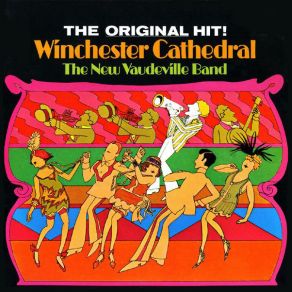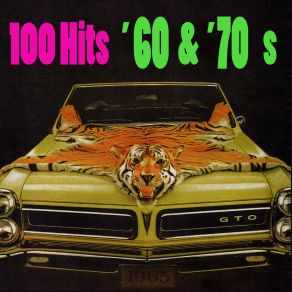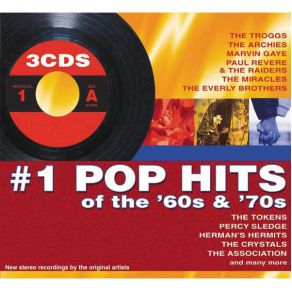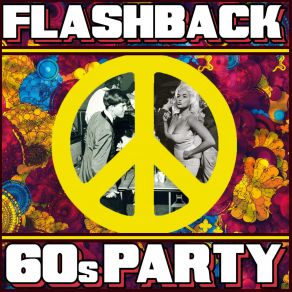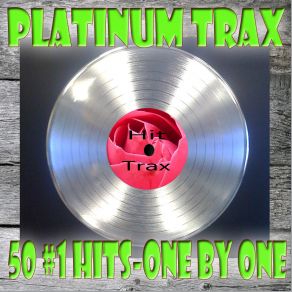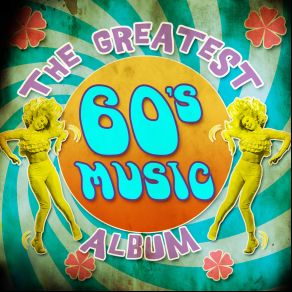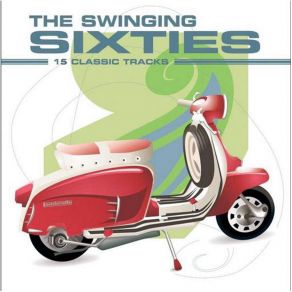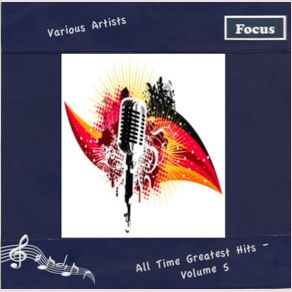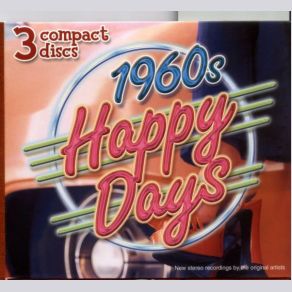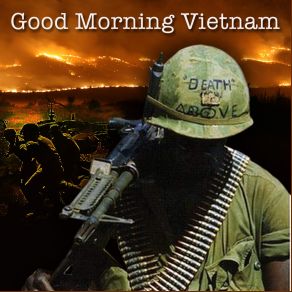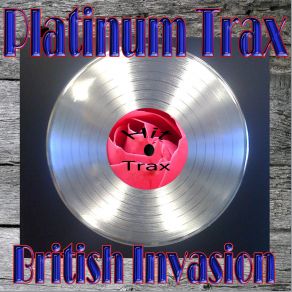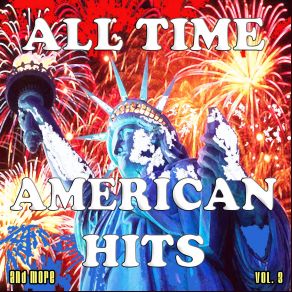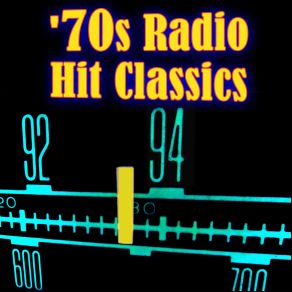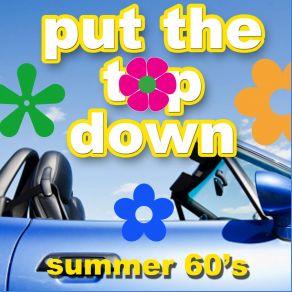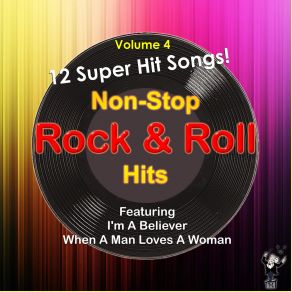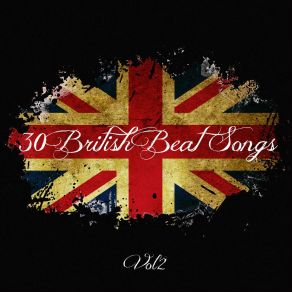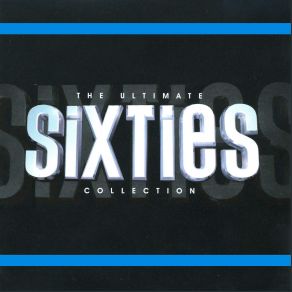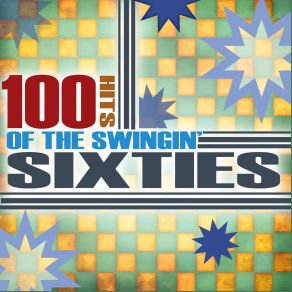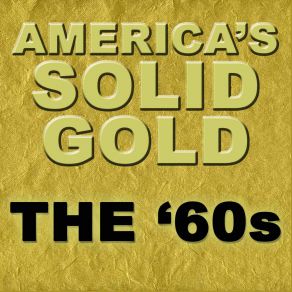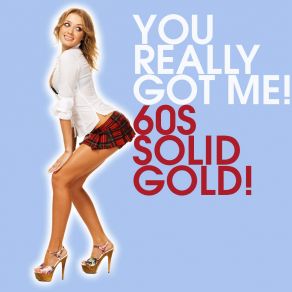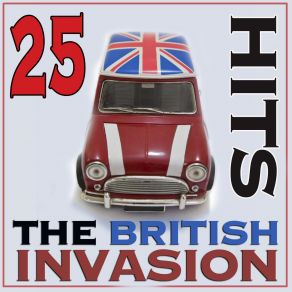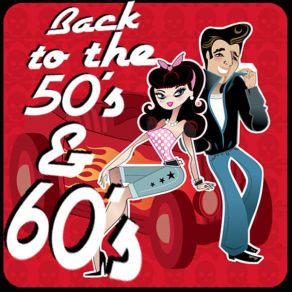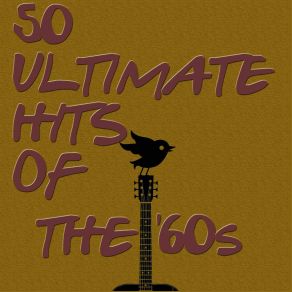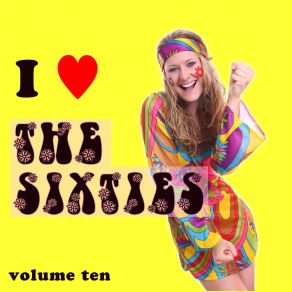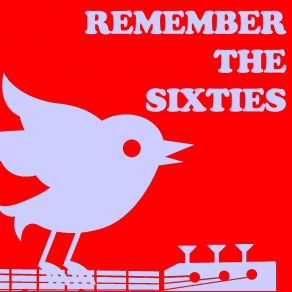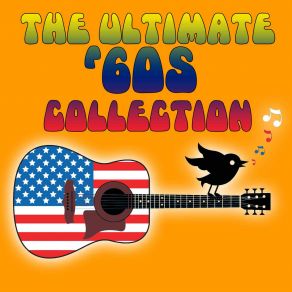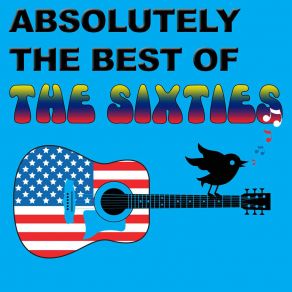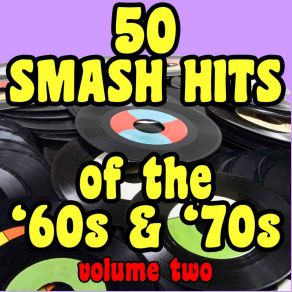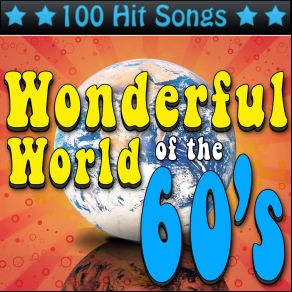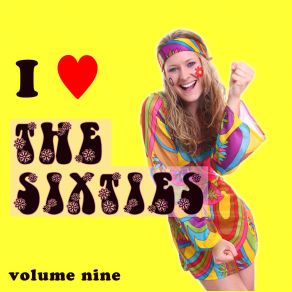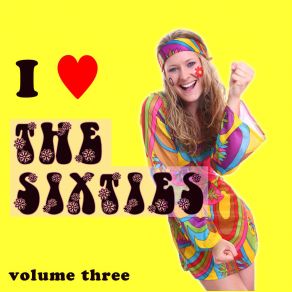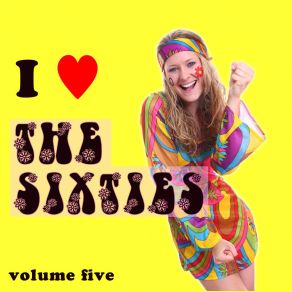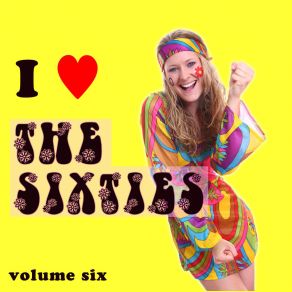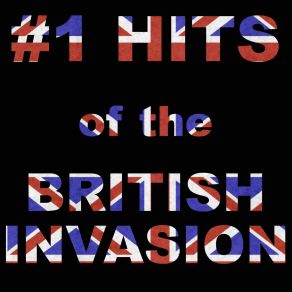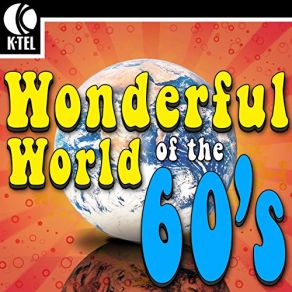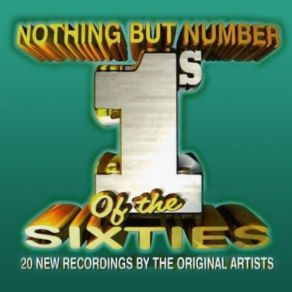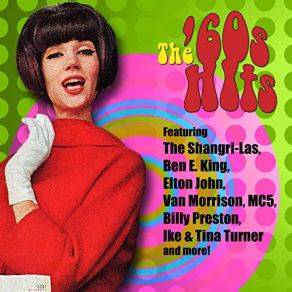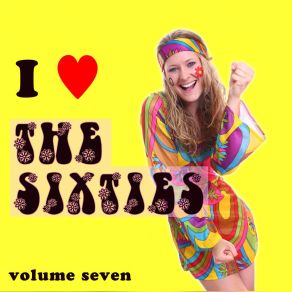The New Vaudeville Band
Wikimp3 information about the music of The New Vaudeville Band. On our website we have 6 albums and 70 collections of artist The New Vaudeville Band. You can find useful information and download songs of this artist. We also know that The New Vaudeville Band represents Pop genres.
Biography
[Edit]One of the oddest one-hit wonders of the '60s, the New Vaudeville Band — true to their name — drew from the swinging vaudeville, trad jazz, and British music hall styles of the '20s and '30s to create a distinctively anachronistic brand of novelty pop. The group was masterminded by producer/songwriter Geoff Stephens, who in 1966 convened a group of mostly anonymous studio musicians (including drummer Henry Harrison) to record a jaunty, old-timey British number he'd written called "Winchester Cathedral." Though Stephens was credited as the vocalist on the track, it was later confirmed to be sung by ex-Ivy League/Flowerpot Men/First Class vocalist John Carter, who sang through his hands to simulate the sound of a megaphone (as on old Rudy Vallee records). "Winchester Cathedral" was an enormous hit, climbing into the British Top Five and going all the way to number one in America, where it also won a Grammy. Stephens suddenly needed a band for touring purposes and at first invited the similarly backward-looking Bonzo Dog Doo Dah Band to serve as the living, breathing New Vaudeville Band. Collectively, the group declined, but their saxophonist Bob "Pops" Kerr signed on, joining a lineup that featured Harrison, guitarist Mick Wilsher, keyboardist Stan Haywood, trombonist Hugh "Shuggy" Watts, bassists Neil Korner and Chris Eddy, and new vocalist Alan Klein, who performed under the alias Tristram, Seventh Earl of Cricklewood. The band issued its debut album — titled, naturally, Winchester Cathedral — in 1967, and though they were one-hit wonders in the States (in spite of their touring success there), they notched two more popular singles in the U.K. that year: the Top Ten "Peek-a-Boo" and the Top 20 "Finchley Central." The latter song became the title track of their second album, released by Fontana toward the end of the year. In 1968, the group played a major role on the film soundtrack The Bliss of Mrs. Blossom, but their novelty was beginning to wear off with the record-buying public. The band retreated to the English cabaret circuit, where they eked out a profitable (if lower-profile) existence for some time to come; they also played Las Vegas on occasion and released U.K.-only singles in 1973 and 1976. With numerous personnel shifts in its declining years, the group finally broke up for good in 1988. Kerr, meanwhile, kept the flame of British eccentricity burning with his own Bob Kerr's Whoopee Band.
Collections
Title: Flashback - 60's Party
Genre: Pop
Title: Platinum Trax 50 #1 Hits, One by One
Genre: Pop
Title: The Greatest 60's Music Album
Genre: Pop
Title: 100 Funny Favorites
Title: All Time Greatest Hits - Volume 5
Genre: Pop
Title: 1960s Happy Days
Genre: Rock
Title: Good Morning Vietnam
Genre: Rock
Title: Flower Power (Re-Recorded Versions)
Genre: Rock
Title: Platinum Trax British Invasion
Genre: Pop
Title: Big Girls Don't Cry: Pop Hits from the 60's
Genre: Pop
Title: Silly Songs 20 Hits Novelty Tunes
Genre: Pop
Title: All Time American Hits and More, Vol. 3
Genre: Pop
Title: One Hit Wonders - Vol. 3
Title: Put the Top Down - Summer 60's
Genre: Rock
Title: Crusin' To The Hits
Genre: Pop
Title: Non-Stop Rock & Roll Hits Vol 4
Genre: Rock
Title: 30 British Beat Songs, Vol. 2
Genre: Pop
Title: I Love the 60's - 1966
Title: 60s Rock: The British Invasion Redux!
Genre: Pop
Title: Platinum & Gold The '60s
Title: The Best British Beat Songs, Vol. 2
Genre: Pop
Title: You Really Got Me! - 60s Solid Gold
Genre: Pop
Title: 25 Hits The British Invasion
Genre: Pop
Title: Various Rock & Roll
Genre: Rock
Title: Back To The 50's & 60's
Title: 50 Ultimate Hits Of The '60s
Title: Now That's the '60s
Title: I Love The Sixties Volume 10
Title: 50 From The '60s!
Title: British Treasures
Genre: Rock
Title: The Big Box of '60s Rock!
Title: Ultimate Hits Of The '60s
Title: Remember The Sixties
Title: The Ultimate '60s Collection
Title: Pop Classics: I'm In Love
Genre: Pop
Title: The Sixties: 40 Big Hits!
Title: Happy Days of the 60s (Re-Recorded Version)
Genre: Rock
Title: I Love The Sixties, Vol. 9
Title: I Love the Sixties, Vol. 3
Title: I Love The Sixties Volume 5
Title: I Love The Sixties Volume 4
Genre: Pop
Title: I Love The Sixties Volume 6
Title: British Invasion Hits
Title: 50 Hits of the '60s
Title: The Ultimate '60s Album





